UN: No agreement... International negotiations on plastic pollution conclude... Secretary-General expresses regret

- Europe and Arabs
- Saturday , 16 August 2025 11:23 AM GMT
Geneva - New York: Europe and the Arabs
After 10 days of negotiations, the Intergovernmental Negotiating Committee (INC) concluded its talks on a legally binding treaty to reduce plastic pollution without reaching consensus on the text of the agreement. However, the committee agreed to resume negotiations at a date to be announced later.
UN Secretary-General António Guterres expressed his deep regret that the negotiations ended without reaching consensus, despite tireless efforts.
In a statement attributed to his spokesperson, Guterres welcomed the determination of member states to continue working to eliminate plastic pollution and their continued engagement in this process, united in their goal of reaching the treaty the world needs to address this enormous challenge facing people and the environment.
Difficult Negotiations
“It has been a challenging 10 days amid geopolitical complexities, economic challenges, and multilateral tensions,” said Inger Andersen, Executive Director of the UN Environment Programme (UNEP), the UN agency facilitating the talks. She added, "However, one thing remains clear: despite these complexities, all countries clearly want to remain at the negotiating table."
Speaking to reporters at the conclusion of the committee's talks at UN headquarters in Geneva, Andersen emphasized that member states had expressed a clear desire to continue participating in the process and acknowledged their significant differences regarding plastic pollution.
She said, "While we did not achieve the treaty text we had hoped for, we at UNEP will continue to work to combat plastic pollution—the pollution in our groundwater, in our soil, in our rivers, in our oceans, and yes, in our bodies."
The UN official emphasized that "people are demanding a treaty," noting the hard work ahead to maintain the momentum needed to conclude a binding international agreement.
The committee's meetings in Geneva are a resumption of the fifth session of those talks, which began in Busan, South Korea, at the end of last year. This resumed fifth session of the Committee's meetings was attended by more than 2,600 participants, including over 1,400 delegates from 183 Member States and nearly 1,000 observers representing more than 400 organizations.
Some 70 ministers and vice ministers, as well as 30 high-level representatives, held informal roundtable meetings on the sidelines of the session.
Civil society, including indigenous peoples, waste pickers, artists, youth, and scientists, actively participated in this session. Participants raised their voices through protests, artwork, press briefings, and other events.
Four contact groups were formed to address key issues, including plastic design, chemicals of concern, production limits, financing, and compliance tools. An Incentive for What's Next
For his part, the Chair of the Intergovernmental Negotiating Committee, Luis Valles Valdivieso, said: "Failure to achieve the goal we set for ourselves may bring sadness, even frustration. However, it should not lead to disappointment. On the contrary, it should motivate us to regain our energy, renew our commitments, and unite our aspirations."
He added: "This has not yet happened in Geneva, but I am confident that the day will come when the international community will unite its will and come together to protect our environment and safeguard the health of our people."
Jutti Mathur-Philip, Executive Secretary of the Intergovernmental Negotiating Committee Secretariat, said: "As we conclude this session, we leave with a renewed and shared commitment to address the challenges ahead. Making progress must be our commitment now."
The Intergovernmental Negotiating Committee process began in March 2022 when the UN Environment Assembly adopted Resolution 5.2 to develop an international legally binding instrument on plastic pollution, including marine pollution.


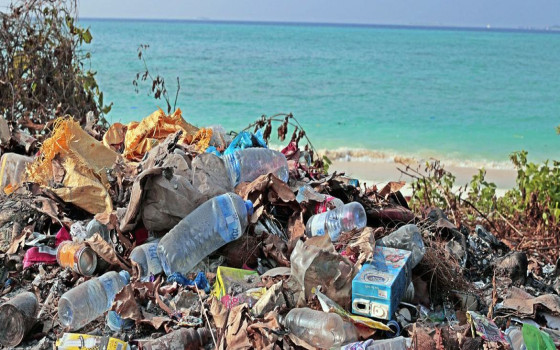
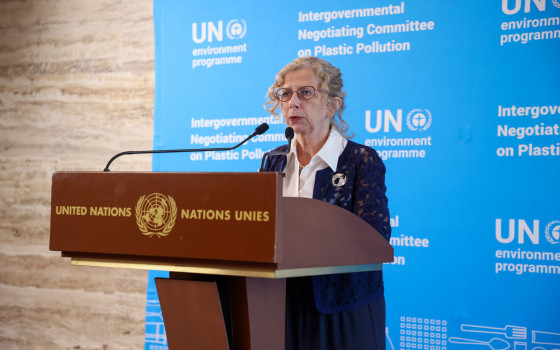
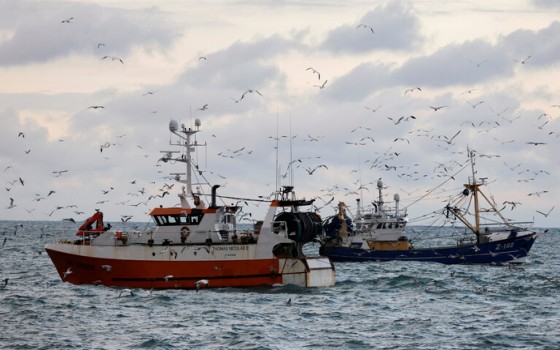

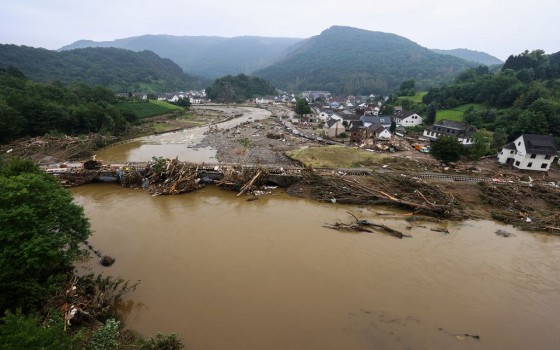
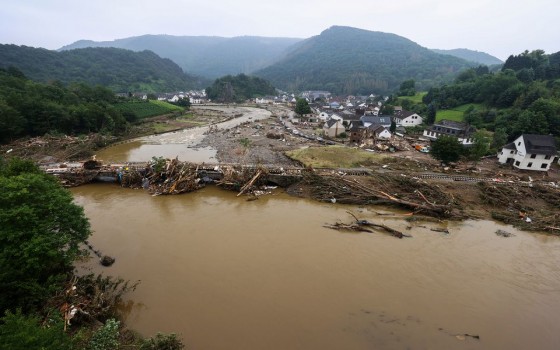


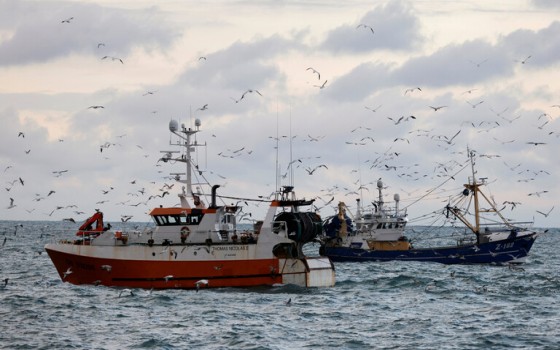



No Comments Found